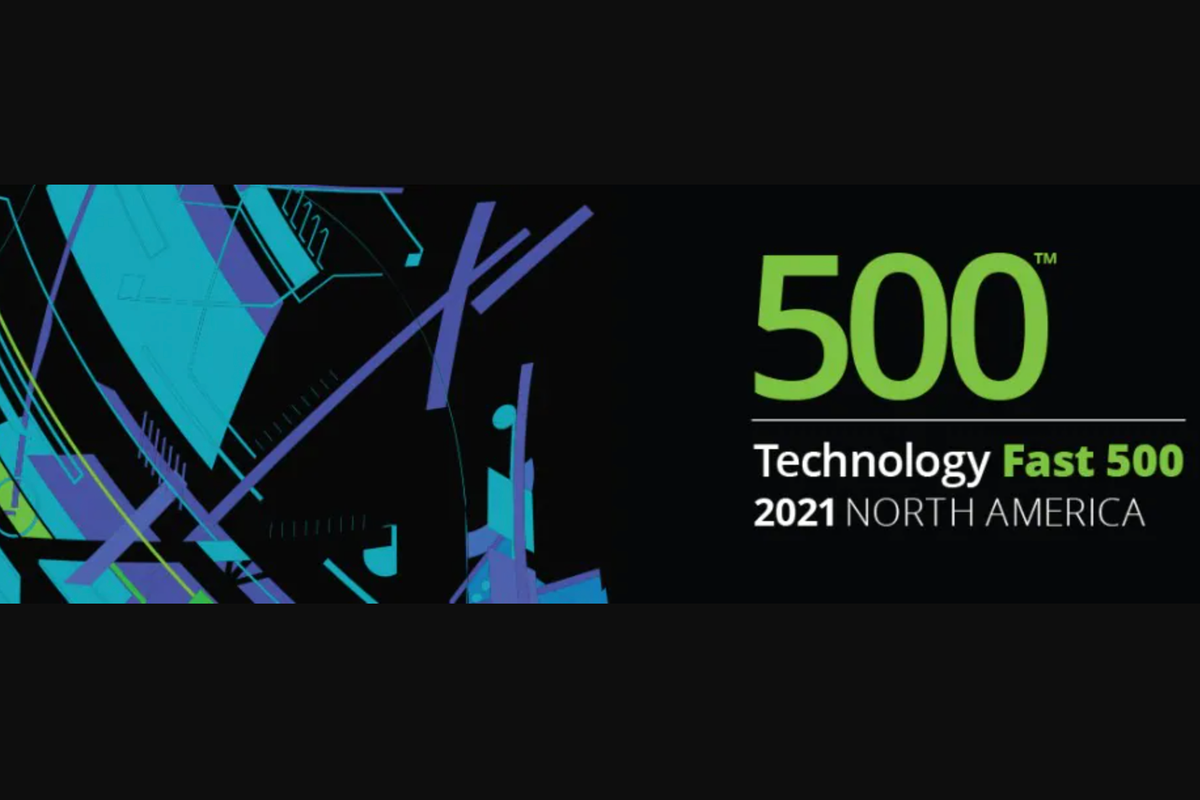Houston startup grows C-suite, Deloitte opens awards apps, SDO names leader, and more innovation news
short stories
The Houston innovation ecosystem has been especially busy this year, and for this reason, local startup and tech news may have fallen through some of the cracks.
In this roundup of short stories within Houston innovation, local organizations announce new innovators, Deloitte opens apps for its annual tech awards, Houston Tech Rodeo prepares for its annual events, and more.
Early stage accelerator names new Houston leader

Kate Evinger will lead gBETA Houston. Photo via LinkedIn
A Houston early-stage startup accelerator has named its new director. Kate Evinger has joined gener8tor's gBETA Houston as director. She will run the third gBETA cohort in Houston, adding to the 10 alumni from the two cohorts held in 2020.
Evinger has replaced Anu Pansare, who was previously named director in February. Pansare, who replaced the accelerator's inaugural director Eléonore Cluzel, moved on to another opportunity, Evinger says.
Based in Houston's Downtown Launchpad, gBETA's third cohort of early stage startups will soon start its free 7-week program, which is designed to help participating companies gain early customer traction and develop key metrics that will make them more marketable for future investment.
Evinger has been a part of the gener8tor family since 2016 when she joined the team as associate for gBETA Madison. She was promoted to program manager in 2019 when she graduated from Indiana University with degrees in finance, entrepreneurship and corporate innovation, according to a news release.
"Downtown Launchpad's inclusive set of tools, resources and opportunities empower Houston founders to accelerate and scale their businesses to solve humankind's boldest challenges," says Robert Pieroni, director of economic development at Central Houston, in a news release. "Kate Evinger brings experience and valuable insights to the gBETA Houston program and will help us continue to support founders, Houston-based partners and the community."
Houston Tech Rodeo launches registration and names headliner

Master P will be the headlining guest for Houston Tech Rodeo. Photo courtesy of HTR
Houston Tech Rodeo, a week-long collaboration of events hosted by Houston Exponential, has opened registration and announced Percy Miller, also known as musical artist Master P, as the headliner.
Miller, who began his career as an international rap artist, later became a CEO, investor, and founder of Nemesis RR.
"I'll be sharing my journey, my secrets, my success, my feelings, and my rebuilding. Transitioning from international artist to CEO to investing in philanthropy, I want to educate you and give you that gain," says Miller in a news release. "I want to add diversity into technology and the automotive industry."
HTR kicks off May 16 at Saint Arnold Brewing Company with live music, beer, and swag bag pick ups with registration. The week concludes on May 23. Registration is free and available online.
Houston industrial blockchain company expands C-suite

Data Gumbo has a new C-level executive. Photo courtesy of Data Gumbo
Data Gumbo, a Houston-based industrial smart contract network powered by blockchain — announced that it has brought on Robin Macmillan as chief corporate development officer to lead the company's corporate development team.
"The sheer breadth of Macmillan's experience will serve as an invaluable asset to Data Gumbo as we continue to exponentially grow and mature our company into new industrial markets and further solidify our leadership in energy," says Andrew Bruce, CEO and founder of Data Gumbo, in a news release. "Macmillan has the experience to expand Data Gumbo's commercial market penetration to aid companies in undertaking digital transformation with smart contracts to reveal streamlined efficiencies and cost savings, sustainability insights across supply chains and transactional certainty in any commercial relationship."
Macmillan has over 40 years of experience in the energy industry, most recently at National Oilwell Varco and is the vice president of drilling services at the International Association of Drilling Contractors,
"There is tremendous opportunity right now to change how business is executed," says Macmillan in the release. "Data Gumbo is poised to deliver trust through automated, auditable blockchain-backed smart contracts that execute transactions in real-time. I am thrilled to be a part of the Data Gumbo executive team as the company is in a period of hyper growth into new industries, serving as a harbinger for significant digital transformation across commercial relationships and transparent, accurate sustainability impact data."
Deloitte opens annual tech awards nominations

Calling all fast-growing tech companies. Image via Deloitte
Deloitte's Technology Fast 500 awards — which celebrate the fastest growing, most innovative technology, media, telecommunications, life sciences and energy tech companies in the country — has opened applications for its 2021 program.
Applications opened online on April 9 and will remain open until June 29. Winners will be announced on November 15. The program ranks applicants based on percentage of fiscal year revenue growth and the list is compiled from applications. For more information, visit the Technology Fast 500 website.
"Each year, we are excited to see the variety of Houston's Fast 500 applicants, which represent the city's positive momentum in both diversifying its core competencies and highlighting the boom in technology innovations coming to market," says Amy Chronis, vice chair and Houston managing partner at Deloitte LLP. "We look forward to seeing what Houston's innovators will bring in 2021."
Energy incubator announces latest cohort

Fifteen energy startups are joining the Plug and Play family. Gif courtesy of Plug and Play
Plug and Play Tech Center has announced 154 startups into its 2021 summer program — 15 of which were named to the Houston-based Batch 8 Energy Program. During the course of the next three months, these companies will receive access to our corporate, venture capital, and mentor network.
The new energy cohort consists of the following companies:

 Apple doubles down on Houston with new production facility, training center Photo courtesy Apple.
Apple doubles down on Houston with new production facility, training center Photo courtesy Apple.